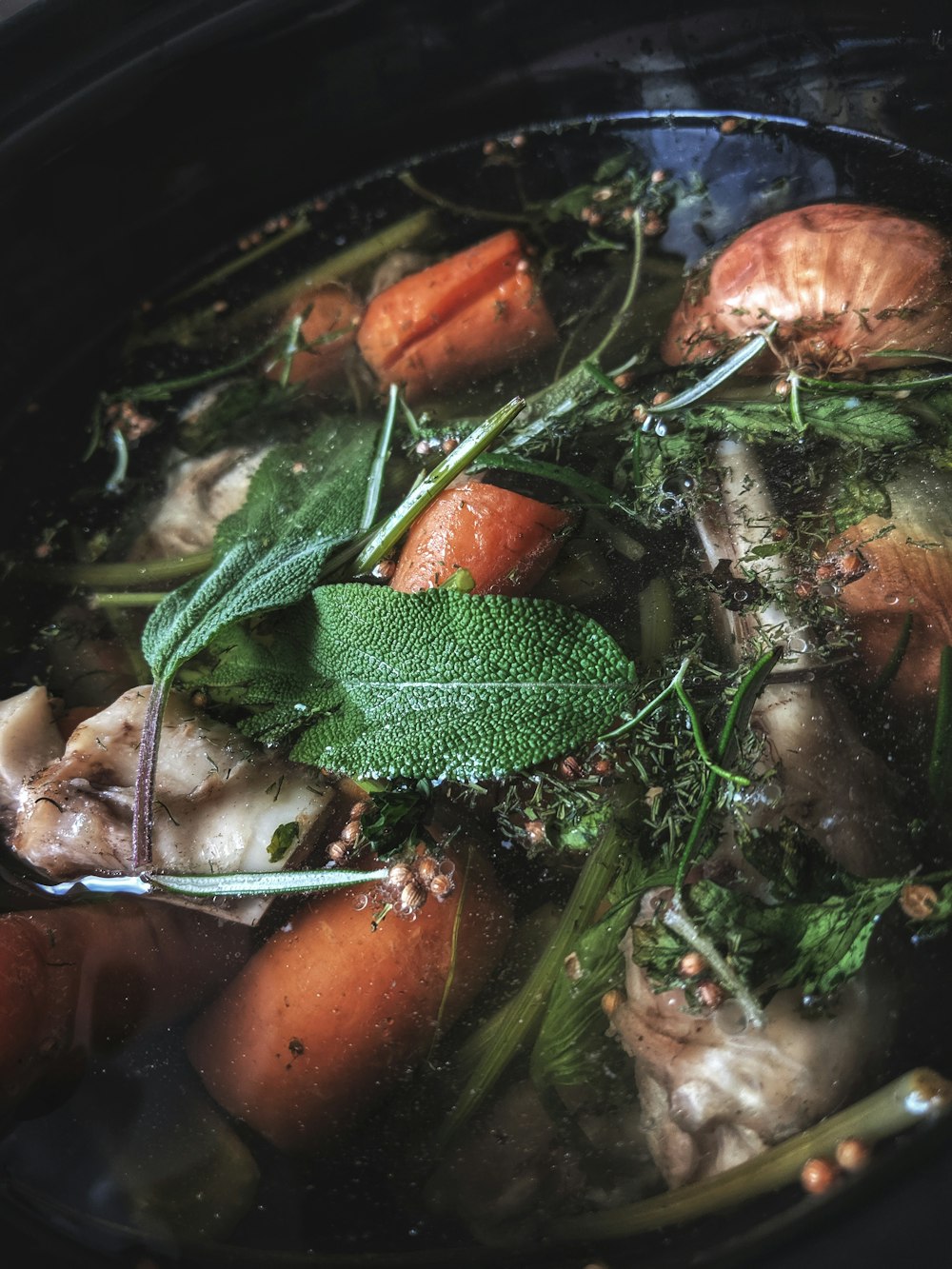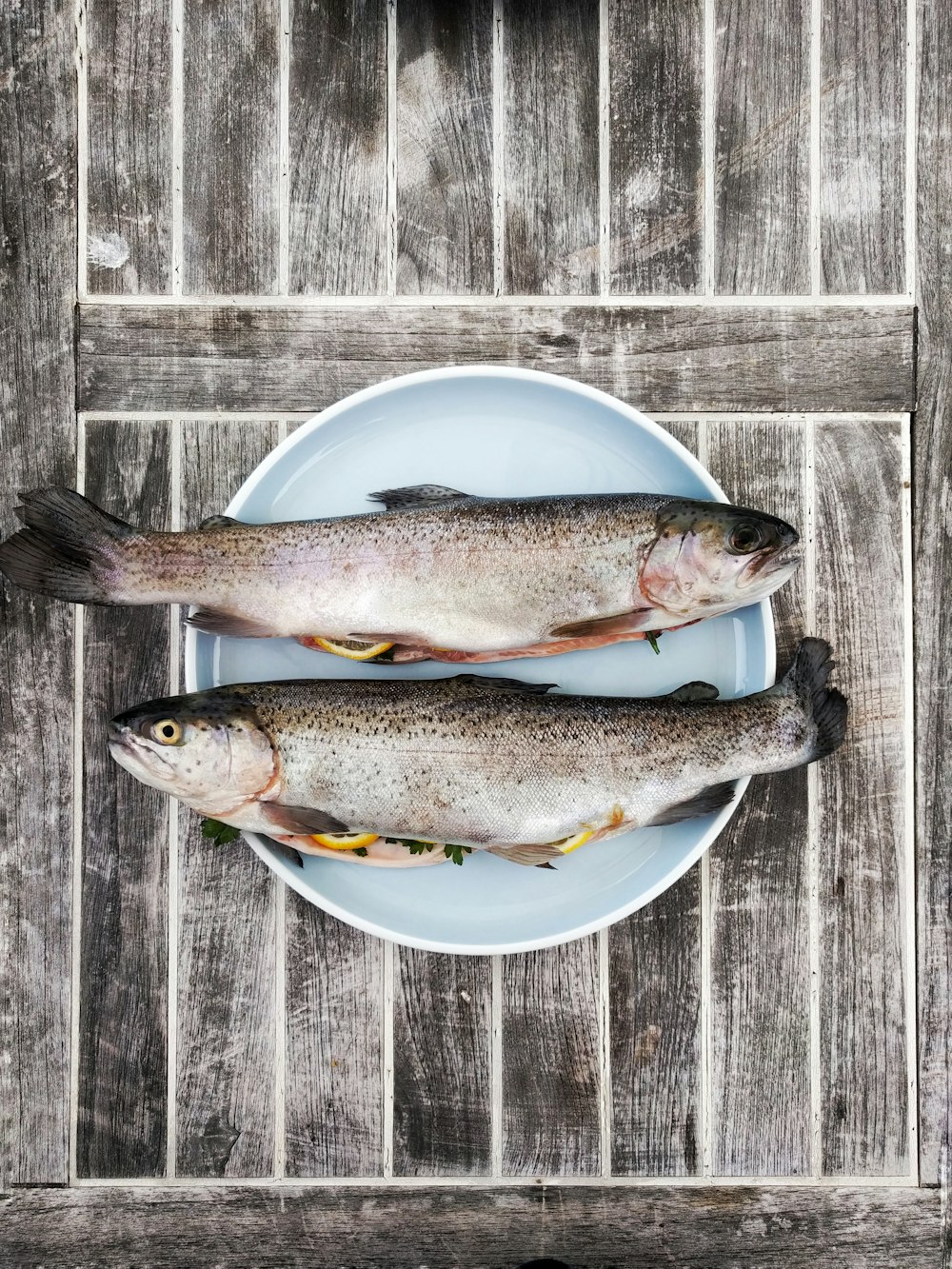Best Collagen Boosting Foods

When it comes to keeping our bodies healthy as we age, collagen is something we all need to pay attention to. Collagen is a protein, a protein that we make naturally. It’s essential for keeping our skin, joints, muscles, cartilage, and nails strong and healthy. Collagen supports the structure of our bodies. It plays such an important role in our health, that we need to make sure we’re helping our bodies produce it. There are two ways to do this. The first is by taking a high-quality collagen supplement. The second is by eating the right foods—ones that actually help our bodies create collagen. Lucky for us, we can do both.
The body decreases its production of collagen as we get older. In fact, with each year that passes our skin contains less collagen, making it more prone to fine lines, wrinkles, and a loss of elasticity. We also experience less flexibility in our joints and tendons. Our bones become creaky, and less supple and lubricated as they were in our youth. Our muscles may even shrink. We might have gastrointestinal issues as the lining of our digestive tract thins. Pain from osteoarthritis ensues.
As you can see, the natural aging process comes with its fair share of discomforts. But, we can decrease those discomforts to a certain degree by paying attention to our lifestyle habits.
This is why we need to start paying extra attention to boosting our collagen production via food sources. Foods are the most bioavailable when we compare them to supplements. This is why both are important.
In this particular blog, we’re going to take a good look at the foods that best support our body’s ability to make collagen. And we want to make sure we’re eating plenty of these foods each week. Once we know which foods our body needs for collagen production, it’s super easy to stock the pantry (and fridge) with these foods, and then create delicious meals for ourselves and our loved ones from them.
Generally speaking, foods that are full of protein are also full of collagen. Certain vitamins and minerals are necessary for the body to make collagen. These nutrients are: vitamin C, copper, and zinc. Thus, protein-rich foods, as well as foods containing high levels of these nutrients will naturally be on our list.
And to give you further motivation to eat the following collagen-supporting foods, here are the top 4 benefits of having adequate amounts of collagen in your body:
Top 4 benefits of collagen
-
Promotes skin health
Collagen is the essential protein for the health of your skin. Collagen keeps skin supple, and prevents wrinkles, fine lines, and sagging skin. Even studies show that taking collagen supplements may increase the elasticity of the skin. This study, published in the journal Skin Pharmacology and Physiology, is one such study.
-
Promotes joint, tissue, and muscle health
Collagen is responsible for the structure and function of our muscles, joints, and connective tissues. It keeps all these areas of the body strong and supple, preventing injury and slowing the natural wear and tear that comes with aging. For optimal health of our muscles, joints, tendons, and connective tissues, having adequate collagen in the body is essential.
-
Promotes gut health
Not many people know just how important collagen is when it comes to our gut health. There’s an amino acid in collagen called glutamine, which has a truly positive impact on the lining of our digestive tract. Collagen prevents this lining from thinning, thereby improving the function of the gut barrier.
-
May help prevent arthritis
Some studies suggest that having adequate amounts of collagen in the body helps prevent the onset of osteoarthritis. This particular study, published in the International Journal of Pharmacological Research points to the idea behind collagen as a natural preventative for osteoarthritis. More studies need to be done however, to prove for sure just how well collagen helps us slow the onset of this all-too-common joint malady.
Here are the best foods for collagen production:
Bone broth
Bone broth is a popular health-promoting broth that is created simply by cooking the bones of animals (say, beef, or chicken for example,) in water. You can make it yourself, which could take all day, or buy it at the grocery store. Whether or not the process of making bone broth actually extracts the collagen from these animal bones, it certainly does create a broth that contains many minerals and nutrients such as calcium, magnesium, glucosamine, chondroitin, and amino acids. Consider adding bone broth to your kitchen for its many health benefits.
Beef
Beef checks many of the collagen boxes. It contains zinc, one of our essential minerals, and also protein, in the form of the amino acids proline, glycine, and hydroxyproline. These are all necessary factors for the body’s production of collagen. Eating beef once a week is all you need. Look at it as a treat. And if you can, opt for the grass-fed version.
Broccoli
This cruciferous vegetable is great for collagen production because it’s full of vitamin C. It’s also one of the most popular veggies on the planet, loved by adults and children alike. This versatile vegetable is tasty in so many ways. Enjoy it raw, steamed, sauteed, or roasted. Broccoli recipes abound, and I encourage you to start cooking with it more, not only for its ability to aid in the body’s natural collagen production, but also for its seemingly endless list of health benefits.
Berries
Berries are incredibly rich in vitamin C, one of the most important vitamins for collagen creation. Strawberries, for example, contain lots more vitamin C than oranges, contrary to popular belief. All berries are rich in antioxidants, as well as ellagic acid, which has been shown to provide protection against and even fight the damage done by UV rays. So, eat your blueberries, raspberries, strawberries, and blackberries. Add them to yogurt, smoothies, and oatmeal. Eat them by themselves for a heart-healthy, collagen supportive treat.
Tropical fruits
Tropical fruits are also great for collagen production. Mangoes, guavas, and pineapples help support our bodies ability to make collagen due to their vitamin C content. And guava contains zinc, a mineral that’s essential for collagen synthesis. Add these tropical gems to smoothies, oatmeal, or salads. Enjoy them by themselves in a large bowl with a sprinkling of cinnamon.
Citrus fruits
Citrus fruits also promote collagen production with their vitamin C content. Vitamin C is necessary for collagen production due to its role in the production of the precursor to collagen known as pro-collagen. Pro-collagen is necessary in order for collagen to be made.
Chicken
Did you know that many of the collagen supplements on the market actually come from chicken? It’s true! This is because chicken naturally contains collagen. Ever noticed the connective tissue of a whole chicken? That outer layer is full of collagen. I like to buy one whole chicken each week, which lasts for two meals (for two people), and then make a medicinal soup from its bones and cartilage. In fact, as we speak I’ve got a pot simmering on the stove.
Eggs
Eggs, and more importantly, the whites of eggs, are on our collagen food list due to their proline content. Proline is an amino acid that’s necessary for the production of collagen in the body. Eggs are one of the staples in my diet. And they’re so versatile. Hard boil them, soft boil them, scramble them, make an omelette—the possibilities are endless!
Fish
It’s possible that the collagen from marine life is easier for the body to absorb than collagen from other animals. Whether or not this is true, fish and shellfish naturally have collagen. However, the parts we tend to eat only have small amounts. Therefore, supplementation with marine collagen may be preferred. However, when you do eat fish, make sure you eat the skin of it, as that’s where most of the collagen resides. So, leave the skin on your salmon next time you serve the omega-3 rich fatty fish for dinner.
Dark, leafy greens
Dark, leafy greens are so good for you on so many levels. They also support collagen production with their chlorophyll content. Chlorophyll is essential for collagen because it may very well be a precursor to the production of collagen in our skin. All these chlorophyll rich foods also contain ample amounts of vitamin C, a double whammy when it comes to collagen production. So, stock up on the spinach, kale, collards, mustard greens, and any other dark, green vegetable you find. Better yet, get them from your local farmer’s market to support the farmers, as well as your health.
Cashews
These nuts are ripe with two nutrients essential to the production of collagen. They are copper and zinc. Raw cashews are best. So, add them to your trail mix, salads, or enjoy them on their own with a sprinkling of sea salt.
Beans and legumes
Beans and lentils are so good for so many things, including collagen production. They promote collagen production in two ways. The first is through their amino acid content, which is necessary for the synthesis of collagen. The second is with their copper content, which helps the body make collagen. These protein-rich morsels pack a nutrient-dense punch, and they’re incredibly versatile. Make salads with them, burritos, soups, stews, casseroles, etc. As with many foods on our list, the cooking possibilities are endless. And if you love garbanzo beans, they’re the best beans for collagen synthesis. Chickpeas have more vitamin C and zinc than other legumes, making them the star bean on our list.
Red Bell peppers
Red bell peppers are full of vitamin C, more so than their yellow, green, and orange counterparts. And, as we know, vitamin C is the most important vitamin for the synthesis of collagen. Red bell peppers also contain a compound known as capsaicin, which may help support the body’s innate anti-aging powers.
Tomatoes
Tomatoes contain large amounts of vitamin C, as well as lycopene. Lycopene is a potent antioxidant that supports skin health. Sun-dried tomatoes are even better. Add them to pastas and salads, or to an antipasto platter. The possibilities are endless!
Garlic
Garlic is one of those foods that are good for everything, including collagen maintenance. It’s the sulfur in garlic that’s responsible for this. Sulfur is known to prevent collagen from breaking down. But, you’ll want to eat loads of garlic to reap its many health benefits. So, seek out garlic-rich recipes, and eat up!
Oysters
Oysters are a superfood for their high copper content. And as you know, copper is an essential nutrient when it comes to collagen synthesis. Not many foods contain enough copper, but oysters are one of them. And while they’re not readily available if you don’t live in coastal climes, many restaurants the world over offer up cheap and tasty oysters for happy hour. So, next time you’re out, treat yourself to these slurpy sea things and a glass of chilled white wine.
What not to eat:
The foods we need to avoid, which damage collagen, are the foods we need to avoid for a number of other health reasons, too. This makes things simple. Just cut out the following foods to create optimal health and support the body’s natural healing powers.
Refined sugars
Refined sugars get in the way of so much, including the body’s natural ability to produce collagen. They actually do damage to collagen, while also producing inflammation in the body. This is something we don’t want, for the vitality of the structure and function of the body (and mind).
Processed and refined oils
Hydrogenated oils also dampen our youthful bodies, both inside and out. They’re no good for so many aspects of health, including our bodies’ collagen content. They do nothing for the health of our skin, and should be avoided as much as possible. Opt for healthy oils like extra-virgin olive oil, coconut oil, and avocado oil for youthful, glowing skin.
I hope this sheds some light on the foods you should be eating more of in order to support the structure and function of your body via collagen. You deserve the best, so treat yourself to the healthiest foods you possibly can!



